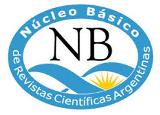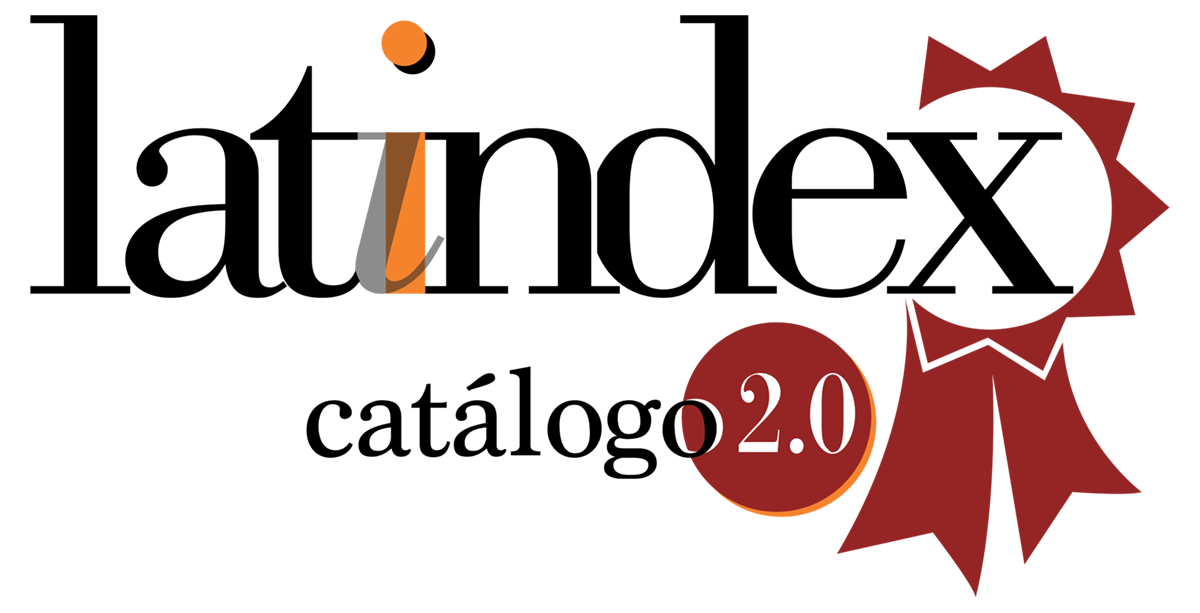Political identity and student associations of the UNLP, 1998-2001
Keywords:
Student Associations, Politics, XXth-centuryAbstract
This work analyse the discourses produced by the student-political asociations of the Universidad Nacional de La Plata in its electoral platforms since 1998 to 2001.
We have taken the cultural studies aproach and the
“Key Words" metodology followed by Raymond Williams to examinate the continuity and disruptions of discursive constructions linked to big frame theories: historical materialism and liberalism in its multiple forms as they are used by the student association. This work explores and defines the political identities of the associations that were built in those years signaled by the economic and political crisis.
The references to the University Reform are a common theme in every platform from the ones made by the "materialist" associations to the ones that suscribes to "liberalism". State, society and democracy, political parties, power and politics, education and the rol of intelectuals are the mainframes to analyse and build their political identities as student associations.
The importance of the theme is that the university has had an active role in the history and identity of the country reclaiming to itself a main part in the construction of society. In this sense, has been seen as a political actor in the intelectual and political formation of the citinzens.
Downloads
Downloads
How to Cite
Issue
Section
License
The acceptance of an original by the journal implies the non-exclusive transfer of the economic rights of the authors in favor of the editor, who allows reuse, after editing (postprint), under a Creative Commons Attribution License -NonCommercial-ShareAlike 4.0 International (CC BY-NC-SA 4.0)
In accordance with these terms, the material can be shared (copied and redistributed in any medium or format) and adapted (remixed, transformed and created from the material another work), provided that a) the authorship and original source of its publication (magazine and URL of the work), b) is not used for commercial purposes and c) the same license terms are maintained.
The transfer of non-exclusive rights implies that after its publication (postprint) in Cuadernos de H ideas the authors can publish their work in any language, medium and format; in such cases, it is requested that it be stated that the material was originally published in this journal.
Such assignment also implies the authorization of the authors for the work to be harvested by SEDICI, the institutional repository of the National University of La Plata, and be disseminated in the databases that the editorial team considers appropriate for increase the visibility of the publication and its authors.
Likewise, the journal encourages the authors so that after their publication in Cuadernos de H ideas they deposit their productions in other institutional and thematic repositories, under the principle that offering society scientific and academic production without restrictions contributes to a greater exchange of global knowledge.










.png)

























